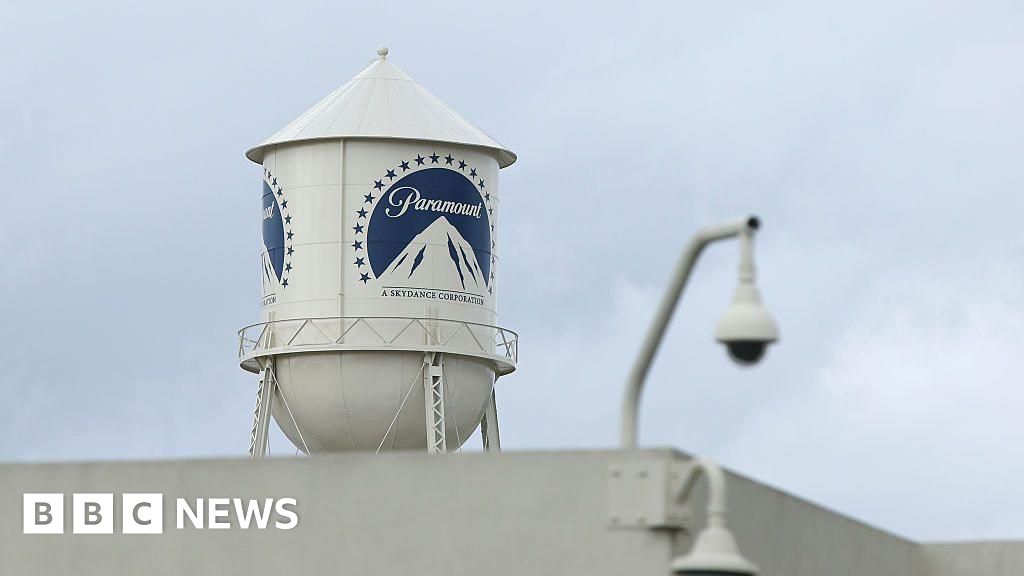Netflix drops Warner Bros bid, clearing way for Paramount takeover
Last December, Warner Bros agreed to a takeover offer from Netflix for some of its assets. But Paramount, which is backed by tech billionaire Larry Ellison and led by his son David, made a rival offer as it looks to transform itself into a Hollywood heavyweight. But it had been rebuffed by Warner Bros.
